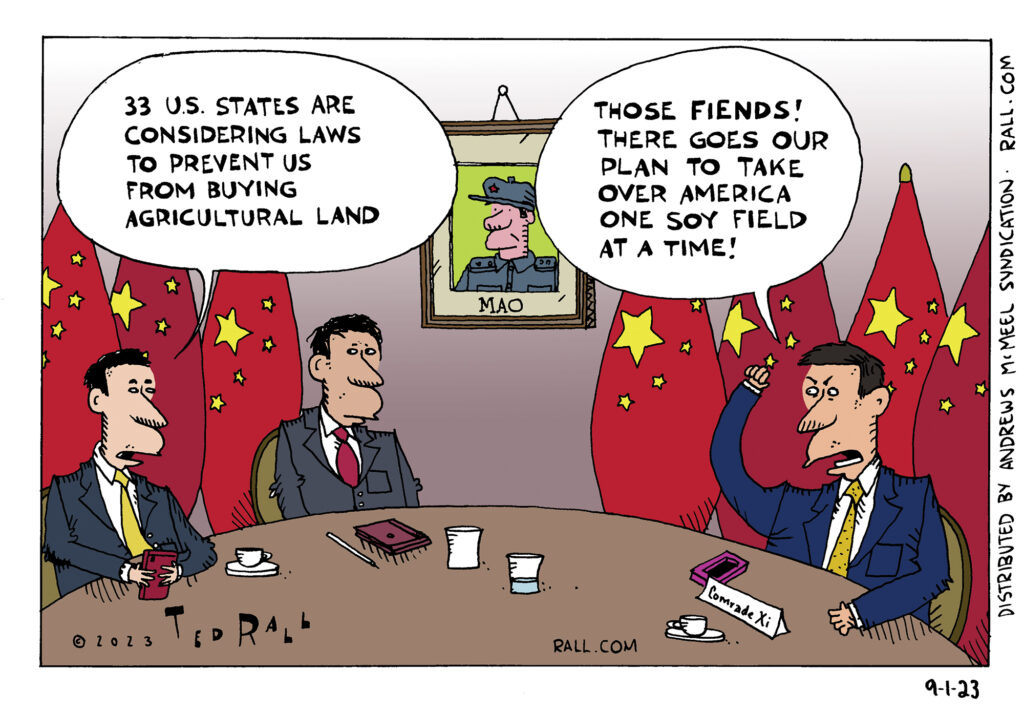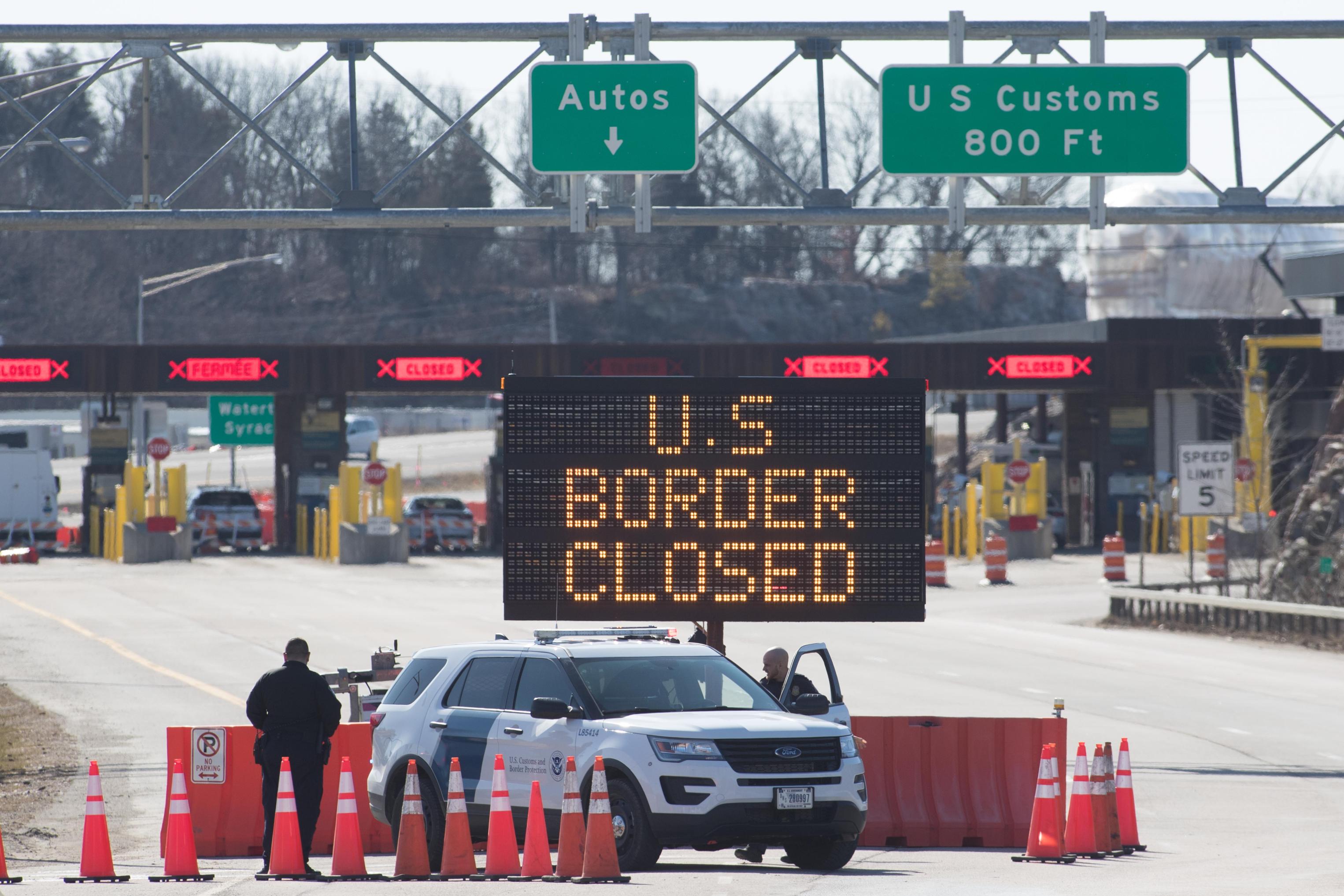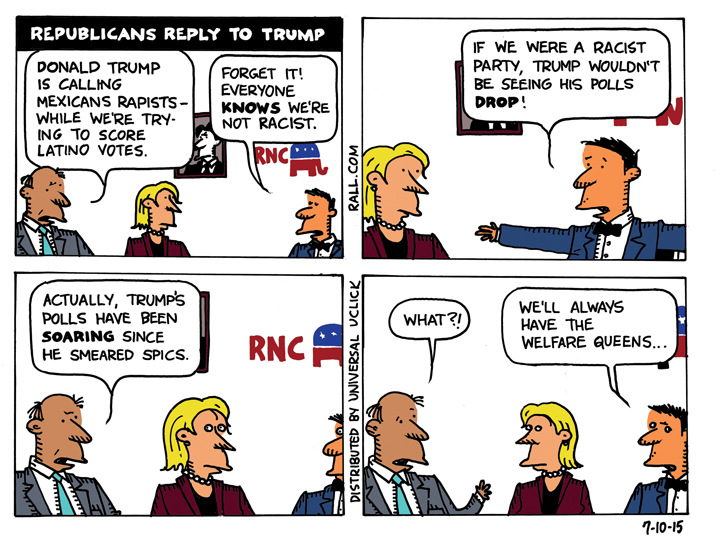Live at 10 am Eastern/9 am Central time, and Streaming 24-7 Thereafter:
When German politics shift to the Right, the world gets nervous. German’s Alternative for Germany (AfD) Party came in second in parliamentary elections, largely on the strength of German anger over the economy and anti-migration nativist sentiment. Has AfD peaked out? Does this presage results in France and other European countries? How should we feel and respond to the right of the German Right?
On today’s episode of “The TMI Show,” Ted Rall and Manila Chan discuss the AfD’s victory in Germany.





 At this writing, securities markets and the international community are reeling at the news that British voters have opted to leave the European Union. The “
At this writing, securities markets and the international community are reeling at the news that British voters have opted to leave the European Union. The “

